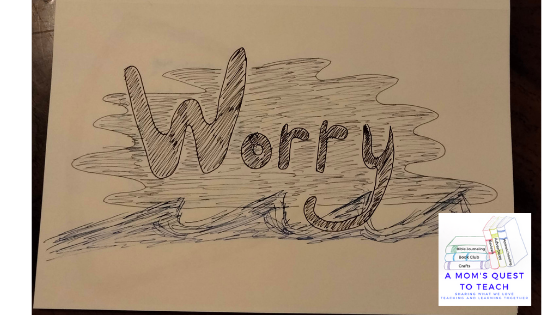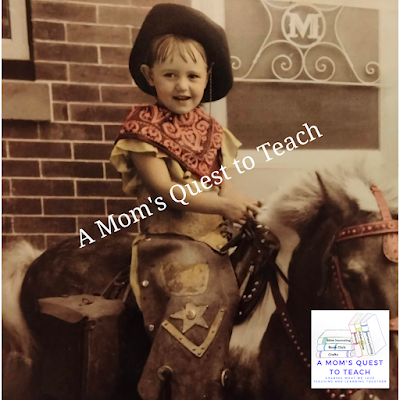I received a COMPLIMENTARY copy of
this book from the publisher in exchange for my honest opinion. I was not
required to write a positive review, nor was I compensated in any other way.
This post contains affiliate links. For more information, please see my Terms
of Use and Disclosure Policy page. Thank you.
I thoroughly enjoy historical fiction, so it came as no surprise that when the book When The Day Comes by Gabrielle Meyer was available for review, I jumped at the chance. The story is set in two time periods I enjoy reading about – Colonial Williamsburg and the Gilded Age. What makes this historical fiction very unique is that the main character is living in both time periods as she is known as a time-crosser.
About the Book
In When the Day Comes, we follow Libby as she lives out her life in 1774 and 1914. "When she falls asleep in one life, she wakes up in the other. While she's the same person at her core in both times, she's leading two vastly different lives" (book jacket). When her twenty-first birthday arrives, she must choose which life she wants to continue living. She thinks she has everything worked out as to which life she wants to live, but events in one timeline bring to a halt her plans.
With this being historical fiction, there are several figures and events throughout both timelines that are real. For example, the fictional character of Henry Montgomery from 1774 works alongside George Washington and Thomas Jefferson. And we read of the suffrage movement of the early 1900s and the start of World War I in the Gilded Age. And the characters of Libby and her mother in 1774 are based on real people from Colonial Williamsburg.
What Did I Think?
I was very excited to read and review a new work of historical fiction that had such a new premise. As I started to read When the Day Comes, I found myself getting frustrated at times. Libby's Mama (1774) pushed the idea that her daughters could accomplish great things and continue to have ambitions and dreams that were not typical in the 1770s. Libby's Mama was a time-crosser to 1994. I don't see anything wrong with girls dreaming, but they should be time-appropriate dreams. The book focused on the fact that they should change history, but by pushing the agenda to dream big, wouldn't that impact history?
I enjoyed a great many of the minor characters, such as Libby's maid, Edith, in 1914, the servants at Cumberland Hall (1914), Congressman Hollingsworth, Mariah, and Abraham in 1774, and even British Lieutenant Addison in 1774. They were all thoughtfully brought to life to support the main cast of characters. And even with some of Libby's flaws, she was a lovely heroine. She, along with her Mama, trusted God had provided them with the life of time-crossers and left events in His hands.
I would recommend When the Day Comes by Gabrielle Meyer to those who enjoy historical fiction, Christian fiction, and encouraging stories. The descriptions of the characters, places, and events were wonderful and interesting. I look forward to seeing what events will be brought to life in Book 2.
.png)

.png)

.png)





.png)

.png)

.png)

